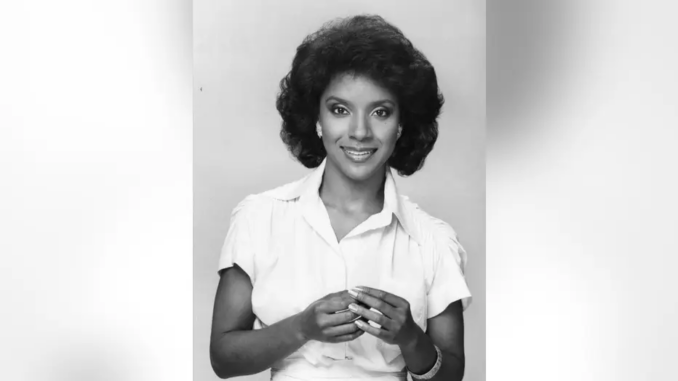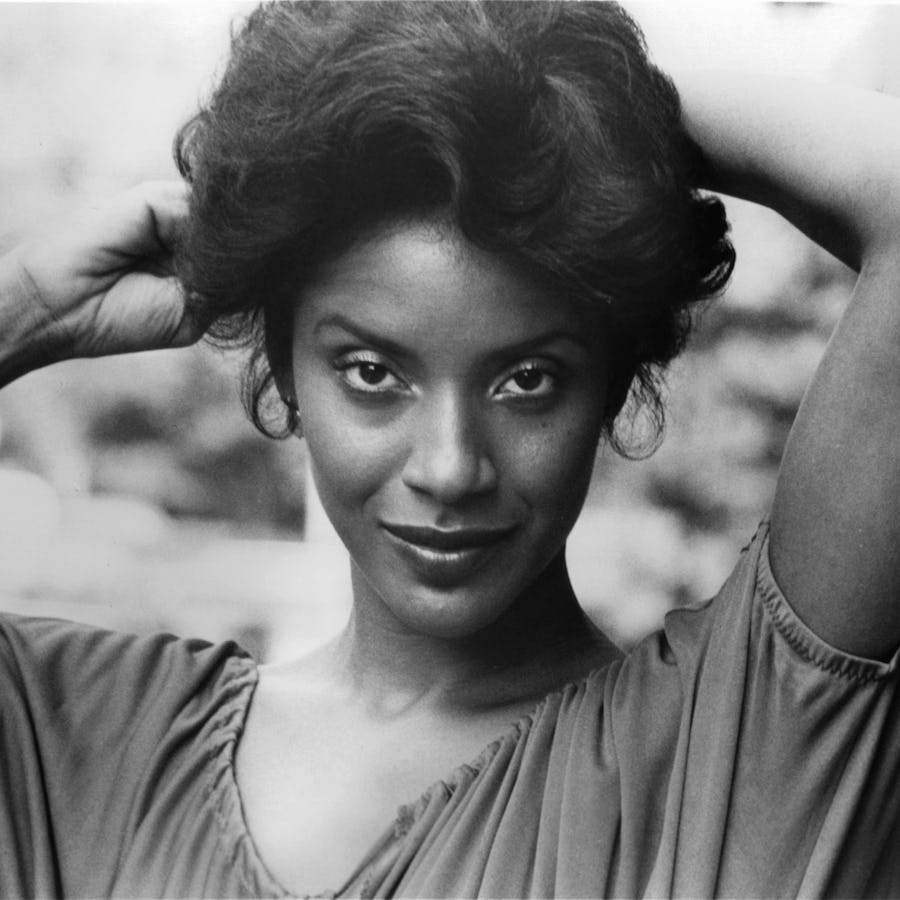
The public support of Bill Cosby by actress and former “Cosby Show” star Phylicia Rashad has sparked deep discussions within the Black community.
Her statements defending Cosby after his release from prison have reignited old tensions, revealing a division in perspectives on justice, loyalty, and legacy.
For many, Cosby’s contributions to the Black community, particularly through his portrayal of an idealized Black family on television, cannot be overlooked. As a groundbreaking figure, he was a source of pride for decades. In light of his conviction for sexual assault, however, many feel betrayed by the once-beloved figure. Rashad’s vocal support of Cosby is seen by some as an attempt to preserve his legacy, while others view it as a dismissal of the voices of survivors, many of whom are women of color.

This division speaks to broader challenges within the Black community around how to reconcile the fall of iconic figures. For some, standing by such figures reflects a broader fight against what is perceived as an unjust system that has historically targeted Black men. Others argue that supporting someone accused of heinous crimes is a betrayal of the progress made in addressing violence and abuse within the community.
At its core, Rashad’s defense of Cosby shines a light on these conflicting values. It forces a difficult conversation about loyalty, justice, and the role of prominent Black figures in both lifting up and letting down the community they once represented. The conversation is far from over, and it touches on profound issues of race, gender, and justice that continue to resonate today.
